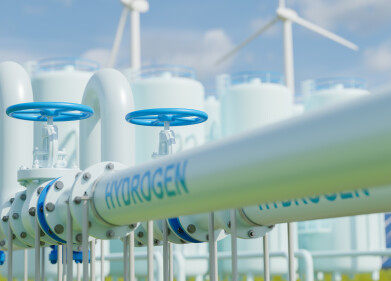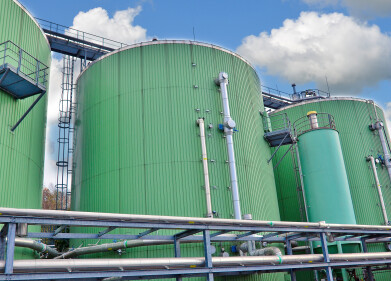Fuel for thought
What Is the Concawe Study?
Aug 29 2015
Oil and gas is what powers the world as we know it, propelling everything from cars and planes to factories and houses. Unfortunately, the planet’s dependence on fossil fuels also goes hand in hand with environmental concerns over carbon dioxide emissions, air quality, sustainability, deforestation, oceanic pollution and more. To help combat these concerns a small group of leading oil companies established Concawe back in 1963. Founded to carry out independent research on a myriad of oil related environmental issues, the group now encompasses the majority of Europe’s oil companies.
Today, the scope of Concawe’s activities falls into line with growing societal concerns over global environmental, health and safety issues. As well as the disquiets previously mentioned these now cover soil contamination, occupational health and safety, petroleum product stewardship and cross-country pipeline performance.
An honest and transparent approach
According to Concawe, its operations are underpinned by a mission to “conduct research programmes to provide impartial scientific information.” All activities are carried out with absolute objectivity and scientific integrity. They are upheld by the three key principles of sound science, transparency and cost-effectiveness.
The programmes are designed to achieve the following goals as outlined on the website:
- “Improve scientific understanding of the environmental health, safety and economic performance aspects of both petroleum refining and the distribution and sustainable use of refined products.”
- “Assist the development of cost-effective policies and legislation by EU institutions and Member States.”
- “Allow informed decision making and cost-effective legislative compliance by Association members.”
A collaborative approach
What makes Concawe so successful is its appreciation for the fact that finding solutions to the complex environmental, health and safety challenges faced by the 21st century oil industry call for a collaborative approach. For this reason it has built diverse partnerships with a variety of industry sector associations and international organisations. This includes observer status at UNECE (United Nations Economic Council for Europe), OSPAR Commission and the WHO (World Health Organization). It is also an active contributor to all oil related EU Commission initiatives.
Want to know more about the work carried out by Concawe? ‘Abating Fugitive VOC Emissions More Efficiently’ summarises a study titled “Techniques for detecting and quantifying fugitive emissions – results of comparative field studies.” It compares the two best available techniques currently used to detect refinery fugitive VOC emissions - Sniffing and Optical Gas Imaging. When it comes to effectively detecting all leaks contributing to a fugitive emissions inventory, the study concludes that Optical Gas Imaging comes out on top.
Digital Edition
PIN 25.6 Buyers' Guide
January 2025
Buyers' Guide Directory - Product Listings by Category - Suppliers Listings (A-Z) Articles Analytical Instrumentation - ASTM D7042: The Quantum Leap in Viscosity Testing Technology -...
View all digital editions
Events
SPE Hydraulic Fracturing Technology Conference and Exhibition
Feb 04 2025 The Woodlands, TX, USA
Feb 05 2025 Guangzhou, China
Trinidad and Tobago Energy Conference 2025
Feb 10 2025 Point Lisas, Trinidad
Feb 11 2025 Lagos, Nigeria
Feb 13 2025 Manama, Bahrain



















